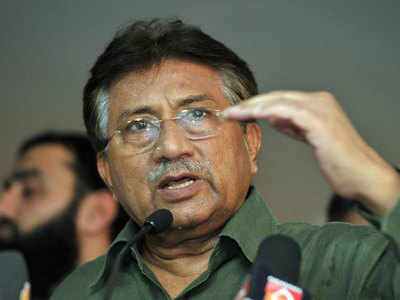Pakistan court hands death penalty to former president Pervez Musharraf

The trial in the high-profile treason case has not seen much progress since Musharraf left for Dubai in March 2016 after his name was removed from the no-fly list.
Musharraf is said to be suffering from Amyloidosis, a rare condition for which he has been admitted to a hospital, news agency PTI reported in October 2019.
Soldier to president
As army chief, Musharraf orchestrated the brief, high-altitude “Kargil conflict” in Kashmir that almost took Pakistan to war with its arch-rival India.
When he ousted Nawaz Sharif as prime minister in 1999, many Pakistanis celebrated the end of an economically disastrous administration.
Musharraf won a five-year term as president in a 2002 referendum, but reneged on promises to quit as army chief until late 2007.
He faced no serious challenges until he tried to sack the chief justice in March 2007, sparking nationwide protests and months of turmoil that led to the imposition of a state of emergency.
After the December 2007 assassination of Bhutto, the national mood soured further and he was left isolated by the crushing losses suffered by his allies in February 2008 elections.
In August 2008, he finally resigned in the face of impeachment proceedings by the new governing coalition, going into exile until his ill-starred homecoming in 2013, exiling himself once more three years later.

















Facebook Comments